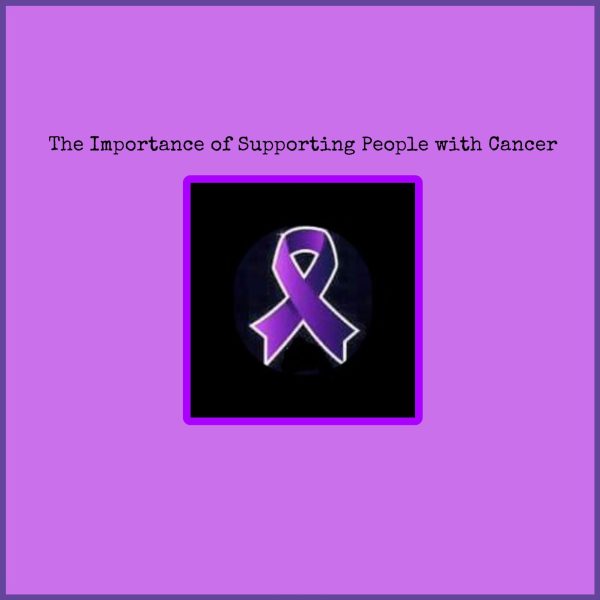Every Mind is a Garden

Our society is like a garden. People buy seeds hoping beautiful flowers will sprout. They seek the perfect tulip, rose, or orchid, expecting beauty and wonder in the only form they know. They do not want the resilient weed growing in their garden of high expectation. When flowers are “not right”, the seeds are blamed. However, this is not true. The one at fault is the gardener, for he/she only saw the beauty that was expected. The gardener could not see the wonder in the resilience of the weed, or the marvel of both danger and beauty in the thorned rose. I can say with almost complete certainty that each and every one of us has been both a flower and a gardener at one point. I know I have, which allows me to thoroughly understand the expectations society has placed on teens. These expectations, like the gardener’s, are unrealistic and narrow-minded. Such deeply ingrained perceptions are difficult to defeat, however, I have discovered that teens can find ways of navigating these expectations in the three steps I call: knowledge, expression, and emotion, or KEE for short.
Knowledge simply means that your answer could and probably is somewhere in the vast expanse of written and online resources. Since expectations are usually supported by “old-people logic”, it is best to find answers and support that uses said logic. By doing this, you allow yourself to present your grievances in a manner that most adults can comprehend. Whether it’s choosing a college, finding a job, or working on a speech, knowledge is a definite ally. Presenting this knowledge to the “gardeners,” the people who support this expectation, stops them from being detached from the consequences of their expectation.
This is where expression comes into play, as without it, people might not ever know what that expectation does to teens. Expression is something I find particularly difficult because it means opening yourself up to someone and putting into words what troubles you. This step can leave you in a vulnerable state, a place where not many people are willing to go. Still, this part is very important as without it, society cannot understand the dilemma their expectation has caused. Only you will see the effects on your life that comes with college, career choices, and other decisions. All of which can be extremely overwhelming, especially with our physical and emotional development skyrocketing. An article on the American Academy of Child and Adolescent Psychiatry website explained multiple experiments proved that parts of the brain that aid in decision-making are still under development throughout our teenage years. (AACAP par. 4) So when certain choices could impact our entire future, why make us choose so early? Expressing the faults in such expectations using research provides me with the opportunity for society to accept my position on the matter. Despite this, expression can sometimes not be enough. At times, you need to get to your lowest point before you can reach the top.
This lowest point is called emotion, as it requires you to have both control and acceptance of yourself. If an application, schoolwork, or other expectation is gnawing at you, it can be difficult to see past it. Such obstacles are seldom easy to fix in one step and take a lot of patience. Unfortunately, we are all human and have our limits. That is why I believe negative thoughts are key to our emotional wellbeing. If the situation requires it, I indulge in whatever action I need to release these emotions. Some of those releases are in the forms of reading, playing a videogame, going outside, or enjoying a nice pint of Ben & Jerry’s. This relief can only appear when you have allowed yourself to fall, and have found the courage to rise. Some scientists in the Experience Life website have discovered that “… emotions cause the body wide release … of all sorts of information-carrying molecules… They travel … and hook up with … receptors located on cells throughout the body. Once attached, they impart molecular messages that can dramatically impact our physiological functioning…” (Pilar Gerasimo par. 5). Basically this means that emotions can affect your body’s functions. Perhaps emotions cannot sway flowers, but their environment can.
Every flower is different, so why have a requirement to its beauty? Every human is different, so why have a general expectation? These perspectives are poison to soil and seeds, poison to society and people, and poison that can only be defeated with knowledge, expression, and emotion. As a child, I recall admiring the dandelion, the magnificence of its white seeds and the promise of new seedlings carried on. Watching such promise filled my young heart with joy and wonder. This wonder was corrupted, however, with the influence of society, who told me that the dandelion was not beautiful. It was a weed, a killer, and a pest – a gardener’s worst nightmare. Still, I somehow found a way to once again appreciate the wonder of the dandelion, and to somehow understand that expectations of society should no longer influence my own perceptions. So, to end my speech, I encourage you to see past the thorny rose and the resilient weed. I wish for you to see the beauty and peace in everything, and to free yourself from expectation, as the only person who should expect anything from yourself, is you.









